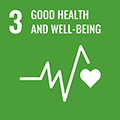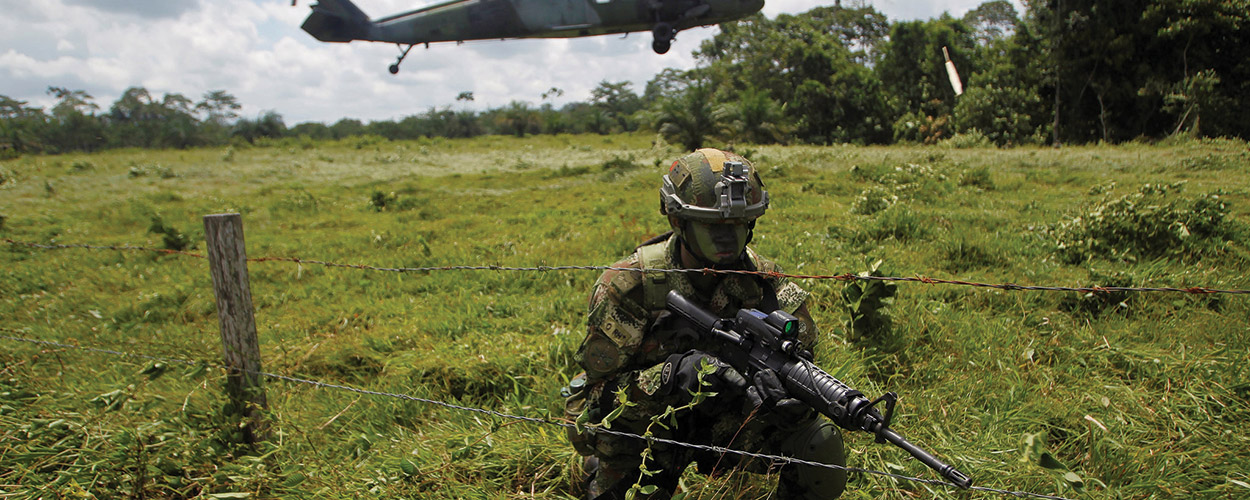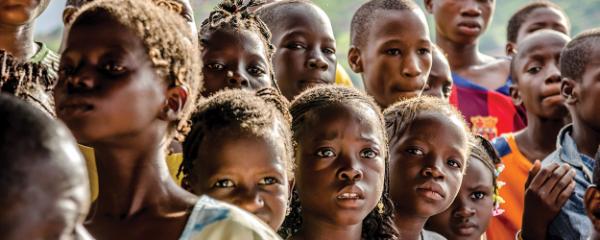Those exposed to armed conflict have a higher prevalence of mental health and psychosocial difficulties. Researchers from Queen's and Columbia, are exploring the evidence base for the effectiveness of these interventions to come up with new initiatives.
Research Challenge
This project addresses the biological, social, and psychological predictors of risk and resilience for the development of Post-traumatic Stress Disorder (PTSD)after exposure to a wide range of atrocities associated with Armed Conflict.
Our Approach
The interdisciplinary team will deliver two main streams of research. The first workstream will focus on the establishment of a longitudinal cohort of participants who will attend a health clinic in a rural area of Colombia on four occasions across a 12-month period.
In the first assessment they will be screened for PTSD and placed into two groups (PTSD positive & PTSD negative). At the first assessment participants will provide a blood sample in addition to completing a large-scale wellbeing questionnaire.
At the remaining assessments participants will complete the same questionnaires which will allow the research team to monitor changes in mental health symptoms. The second workstream will focus on using a zebrafish animal model to manipulate the nlgn1 gene (a protein involved in communication between neurons) and study how this alteration affects zebrafish response to stress, anxiety, and patterns of gene expression in the brain.
What impact did it make?
Combining both work-streams of this study will evaluate how much the psychosocial factors and the nlgn1 gene, and other genes along its pathway, vary across our study cohort in Colombia.
The work will greatly contribute to understanding PTSD risk and resilience factors among Latino populations. Findings of this study will facilitate the improvement of public health initiatives and in turn the improvement of psychological wellbeing and quality of life of those exposed to armed conflict in Colombia.
Our impact
Impact related to the UN Sustainable Development Goals
Learn more about Queen’s University’s commitment to nurturing a culture of sustainability and achieving the Sustainable Development Goals (SDGs) through research and education.








